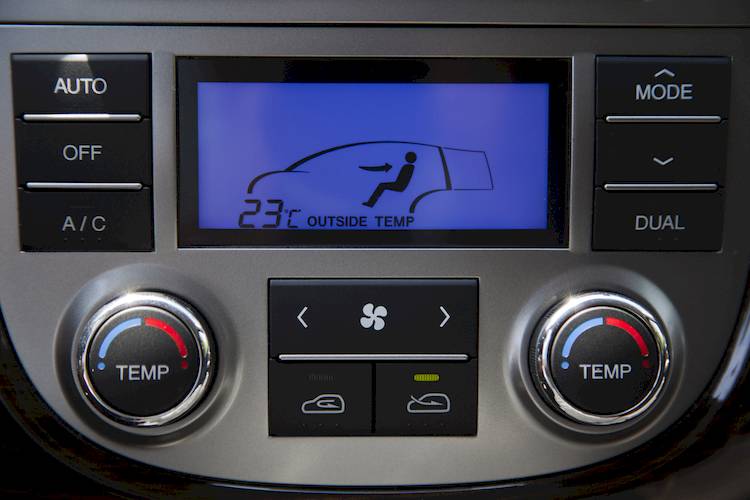

The heater control valve is a cooling and hvac system component that is commonly found on many road going cars and trucks. The heater control valve is typically mounted near the firewall, and acts as the valve that allows coolant to flow from the engine to the heater core, which is located inside of the vehicle. When the valve is opened, warm engine coolant passes through the valve and into the heater core, so that hot air can be produced from the vehicle’s vents.
When the heater control valve fails it can cause issues with the vehicle’s cooling system, and with the operation of the heater. Usually a bad or failing heater control valve will produce a few symptoms that can alert the driver of a potential issue.
1. Heater doesn’t work
One of the first symptoms of a faulty heater control valve is a heater that fails to produce warm air. If the heater control valve breaks or gets stuck, the coolant flow to the heater core may be restricted or stopped completely. Without coolant flow to the heater core, the heater will not be able to produce warm air for the cabin.
2. Leaking coolant
Another common symptom of an issue with the heater control valve is coolant leaks. Over time the heater control valve can wear out and crack, which will cause coolant to leak from the valve. Heater control valves can also leak from excessive corrosion from contact with old or contaminated engine coolant. Usually a leaking control valve will have to be replaced in order to repair the leak.
3. Erratic heater behavior
Erratic behavior from the engine is another symptom of an issue with the vehicle’s heater control valve. A faulty heater control valve may not be able to properly control coolant flow to the heater, which may result in problems with operating the heater. The heater may produce hot air, but only at certain times, such as at idle, and the hot air may come and go. A faulty heater control valve may also cause the temperature gauge to behave erratically, rapidly climbing and falling, which will make it difficult to determine the temperature of the engine.
While replacing the heater control generally considered routine maintenance, as a vehicle approaches high mileage it can begin to have issues and require attention. If your vehicle is producing any of the symptoms above, or you suspect that your heater control valve may be having an issue, have the vehicle inspected by a professional technician, such as one from YourMechanic, to determine if the valve should be replaced.



